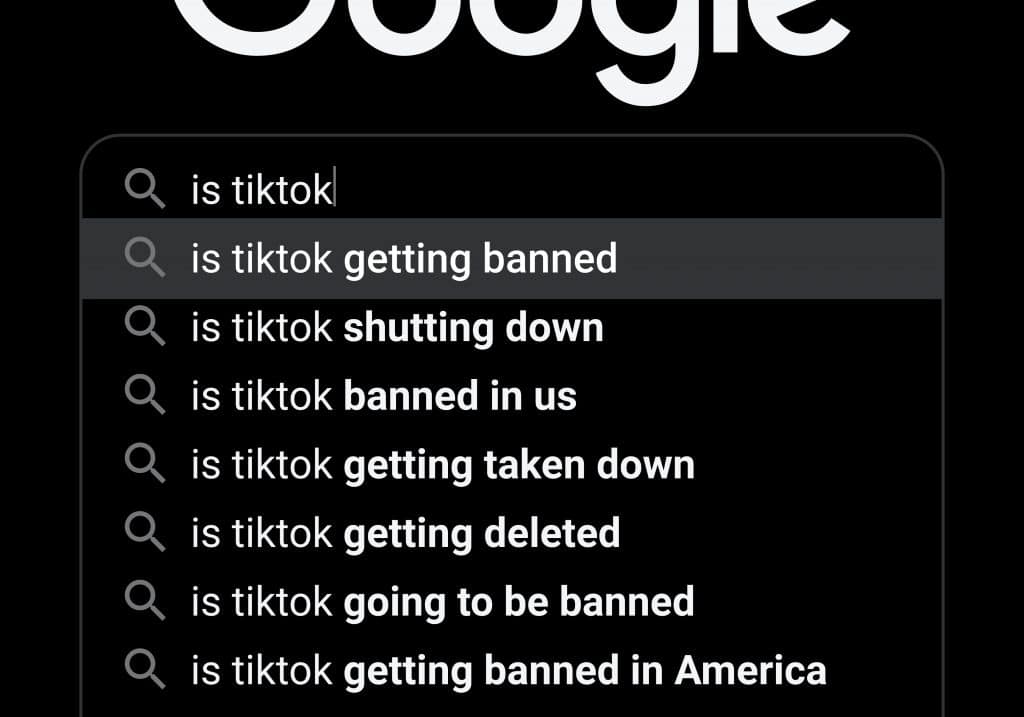Google has emerged with another change labeled the page title update. Google’s Danny Sullivan stated that the technique by which Google generates page names for SERPs is changing. Our blog is a comprehensive resource that will teach you all you need to know about this update and how it works.
What is Google’s Page title change, and how does it influence SEO?
Google formerly employed meta tags and publicly available data to display title tags that were more relevant to a searcher’s query. The new method is aimed to produce titles that are effective for every query, minimizing the likelihood that a page would display a different title based on the search intent. Google is now generating suitable title tags based on text seen on a website.

According to a recent blog article on the Google Search Central Blog:
“We are utilizing words that humans can see when they arrive at a web page,” Sullivan explained. “We evaluate the page’s primary visual title, or headline, which is frequently contained inside H1> tags, other header tags, or is made big and conspicuous through the use of style treatments.”
A recent Google algorithm upgrade may prompt webmasters and content providers to rethink their page title approach in order to improve reading and relevancy. The more relevant the headline, the more people will click on it.
With the new upgrade, Google will no longer construct web page titles based on the query; instead, it will generate page titles that are most appropriate for all publications in general, regardless of the query.

According to Danny Sullivan, Google has been altering page names since the new feature enhancement launched in search engine results, and this has been well documented by SEO Experts. Whenever the HTML title tag doesn’t really adequately describe the information, the new feature update substitutes it with much more than HTML text.
Sullivan also illustrated that Google is changing title tags since they frequently do not adequately describe the content of a page. They might be crammed with keywords or too long, at times containing no content or boilerplate material.
Consequently, Google’s latest page title upgrade seems to be more flexible and responds to changes in HTML. When the HTML title tag of a web page is changed, Google will take into consideration the new content and respond accordingly.
Strategies For Adapting To This Transition
- This modification introduces several new SEO options, and the possibility of big income increases for some websites. If you’re having trouble ranking well in search results for any reason, it’s time to pay attention.
- Because even the slightest change to Google search affects thousands of sites, directly altering where traffic is sent, it’s critical to understand these changes and their implications for your website.
- Google recently altered the way it names web pages, directly harming domains protected by the Robots.txt file. This implies that if you manually track your URLs (which you should), the titles may no longer appear in Google search results.
This is a well-known issue, and a straightforward workaround is to include the robots.txt file before inserting the HTML code for your website on your page. Thankfully, there is a specific solution to this problem: Between the head > and /head> tags on your page, include the following code (remember to replace head> with the actual name of the directory holding your website’s contents).

- The upgrade may affect the accuracy with which titles are identified and ranked. As a result, you must maximize the impact of this upgrade by validating your URLs, developing links, and generally optimizing your content.
- Adjust the text size for languages that have been localized. Titles that have been translated should not have any blank space between phrases.
- Hyperlinking to pages that are not within the domain name area of your registrar. These adjustments should have a little influence on your website’s SEO and SERP ranking. Even yet, if you see a noticeable shift in your rankings, this is a sign that you should update your domain’s URLs.
Will you be able to opt-out of this update?
Google’s new method has no exclusions, and websites cannot opt-out of having Google rewrite their page names. However, Sullivan believes that Google should provide a setting in the Google search dashboard that allows website owners to opt-out of having the search engine modify their HTML title tags and maintain a few of their original page titles.
Finally, Google believes that the new update produces more readable titles and that searchers will favor the new technique of producing titles over Google’s primary method.
While Google is developing a new method for generating web page titles, webmasters must never assume that improving HTML title tags is unnecessary. 80% of the time, the native HTML title tags are retained. As a result, web admins should always strive to create distinctive and optimal HTML titles.










